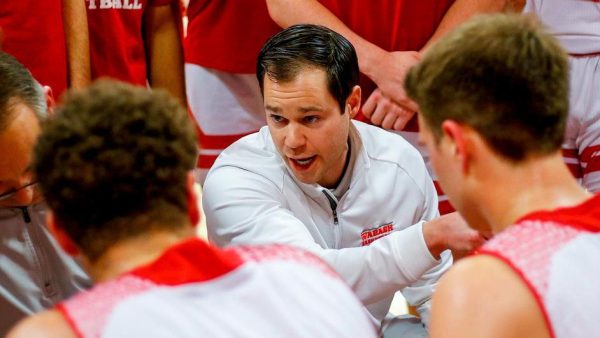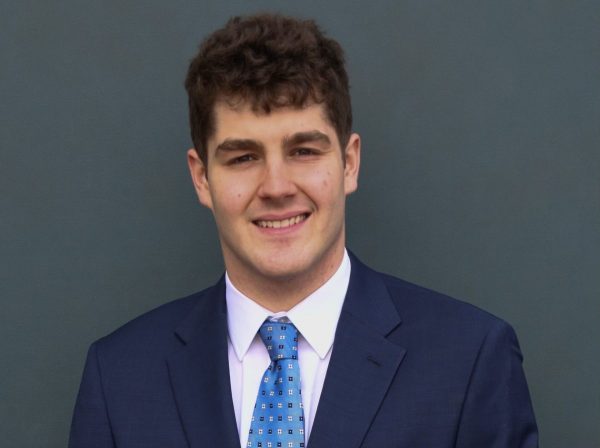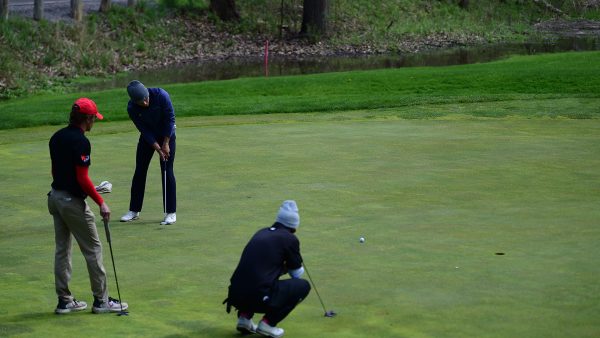Jeremy Lin addresses recent Asian American slur during game
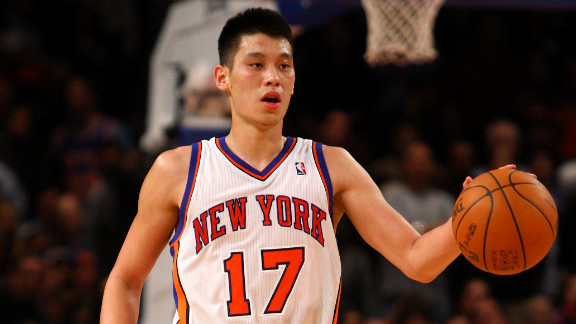
Jeremy Lin with the New York Knicks during his Linsanity run.
Linsanity — a term that many basketball fans remember fondly, born of the historic stretch of Jeremy Lin’s first five career starts. The eight year veteran is also one of the first Americans to play in the NBA whose family originates from China or Taiwan. In 2019, Lin became the first Asian-American to win the NBA finals. Lin was called “coronavirus” in a G league game on the court.
Brent Herrmann, ’24, was upset that Lin encountered this discrimination, but was not shocked overall.
“There is discrimination, not just with Asian-Americans, but with all races in general,” Herrmann said. “I was not surprised.”
While many people still face racism today, Lin wants more people to become aware of the specific discrimination Asian-Americans encounter.
“We are tired of being told that we don’t experience racism, we are tired of being told to keep our heads down and not make trouble,” Lin wrote in a Facebook post. “We are tired of Asian-American kids growing up and being asked where they’re REALLY from, of having our eyes mocked, or being objectified as exotic or being told we’re inherently unattractive.”
According to the New York Times, there were 1,800 reports of racial incidents towards Asian-Americans in the United States between March and May of 2020. Additionally, there were three cases of Asian-American hate crimes in 2019, while 28 of these crimes occurred in 2020.
Ryan Mantione, ’23, offered a theory as to why Asian-Americans have experienced more racist incidents in the past year.
“It’s pretty unfortunate that because he has Asian ancestry, other people think he is more dangerous to be around because of COVID-19,” Mantione said. “It’s pretty messed up.”
Another possible explanation for the rise in racial incidents towards Asian-American is attributed to former President Donald Trump infamously referring to COVID-19 as the “China virus.” Herrmann believes that a combination of Trump’s rhetoric and racist individuals are to blame for the rise in Asian-American hate crimes.
“I would say there are a variety of reasons why this is happening,” Herrmann said. “Once someone has a platform and other people hear them, they listen to what they want to hear.”
In sporting events, people of color have heard derogatory comments about their race from the fans in the stands. For example, Torii Hunter, an ex-MLB All-Star, would travel to Boston for away games and was constantly greeted by negative remarks.
Herrmann explained why some people use sports as an outlet to spew hateful comments.
“Jealousy is a huge factor,” Herrmann said. “When your team is losing, the fans do not like that, and they can be sore losers. If players are speaking outright about their political views, and fans disagree with them, then fans have an outlet to express themselves.”
Fortunately, the NBA are investigating the statement made to Lin. Mantione suggested a few strategies the league can use to make sure these types of incidents happen less frequently.
“They could find the players who make these statements, even though logistically that could be tough,” Mantione said. “They should also hand out fines in these cases as we have seen in other sports, and try to censor the players who have made such remarks.”
Lin refuses to name the player who acted disrespectful to him. Nevertheless, the NBA may try to discover the player anyway, and give the player a fine.
Although Asian-Americans — and many other groups — continue to face racism today, it is worth noting that major sports leagues, such as the NBA, and most colleges, such as Allegheny, are committed to providing a safe and inclusive environment for all their members.
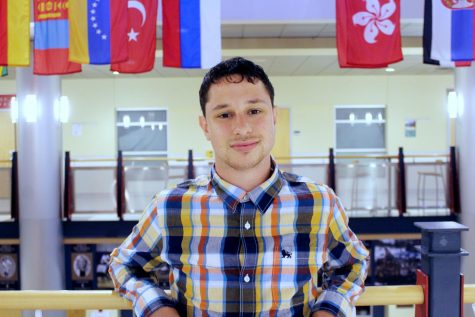
Adam Cohen is a third-year student from New York City. This is his second year on the Campus staff and he is a Communication major with a double minor...





